Copyright © 2023
Doğan Doğanay
All rights reserved.
I am a UI/UX designer, developer & data analyst with 15+ years of experience and a proud Fulbright alumni

Hello there! I am Doğan Doğanay, a passionate and experienced UI/UX designer, developer, and data analyst with over 15 years of experience in the Information Technology field, specializing in the aviation industry. I'm driven to create innovative and user-friendly digital solutions that solve real-world problems.
I have a proven track record of success in delivering innovative and user-friendly digital solutions. I'm skilled in all aspects of the design and development process, from user research and prototyping to implementation and testing. I am also a skilled data analyst with experience in using data to improve the user experience and drive business growth.
I am a highly motivated and results-oriented individual with a strong work ethic. I'm a team player and enjoy collaborating with others to achieve common goals. I'm always looking for new challenges and opportunities to learn and grow.
As a Fulbright scholar, I studied computer science in the United States. I completed both semesters with a 4.0 GPA and made the Dean's List. I also attended Google's Analytics, AdWords & Website Optimizer Training and completed hundreds of hours of volunteer duties in the community.
Contact me to learn more about my skills and experience, and to discuss how I can help you achieve your digital goals. I'm also genuinely interested in getting to know you, your unique perspective, and your skills. I'm always ready to listen and learn from your experiences, and I believe that collaboration can be a two-way street where we both grow and achieve great things together.












Dogan is a hard working student. He is more interested in learning the subject material than achieving a good grade. He is in the top fifteen percent of the student in my class. Dogan consistently submited his lab assignments in a professional manner. Dogan participated in class by asking questions and leading discussions
DEPARTMENT HEAD, COMPUTER PROGRAMMING ASSOCIATE PROFESSOR
Dogan was not only a dedicated student, but his friendly and open personality, along with his great willingness to help others, also quickly made him a favorite among his classmates from diverse backgrounds and countries. He is extremely focused, enthusiastic and self motivated, always going above and beyond the expected requirments of a project or assignment. On many occasions, when a new subject matter was introduced in class, he would research the subject on his own and return to class the next day with a list of resources and study guides to share with his classmates.
ESL PROGRAM COORDINATOR
Dogan was a tremendous asset to our team, and exhibited characteristics that will take him far in life, such as:
MARKETING DIRECTOR FOR TEDXGREENVILLE






SmartOPS is a cutting-edge solution designed to optimize operations by providing a comprehensive set of functionalities that are indispensable to the aviation industry.
At the heart of SmartOPS lies its ability to deliver a precise and efficient turn-around list. For an airline, a "turnaround" is not just a routine procedure; it's a high-stakes operation where aircraft are serviced, cleaned, refueled, and loaded with passengers and cargo, all within a narrow window of time. The success of these turnarounds is pivotal to the airline's profitability, on-time performance, and customer experience. SmartOPS recognizes the crucial role that turnarounds play in an airline's daily operations.
SmartOPS empowers airlines with a powerful toolset for managing operational messages, including MVT (Movement Messages), LDM (Load Messages), PSM (Passenger Service Messages), PTM (Preliminary Trim Messages), and more. These messages, often the lifeblood of airline communication, are seamlessly integrated into the platform. It ensures that airlines have real-time access to critical information, enabling them to make informed decisions swiftly.
Additionally, SmartOPS provides an unrivaled view of airports through its Station Information System. Airlines can leverage this feature to gain insight into the status of facilities, equipment, and resources at various airports. This perfect view helps airlines streamline their operations, reduce bottlenecks, and enhance overall efficiency.



APIS (Advance Passenger Information System) is a data interchange system that allows commercial airlines to transmit passenger and crew information to the destination state prior to arrival or departure. This information is used by customs and border protection agencies to assess risk and facilitate border processing.
APIS data includes the following information:
APIS data is transmitted electronically to the destination state typically 24 hours prior to arrival or departure. The data is then used by customs and border protection agencies to screen passengers and crew for potential risks.
APIS is an important tool for border security and helps to facilitate the movement of legitimate travelers. It is also a valuable tool for airlines , as it helps to streamline the border processing process for their passengers and crew.



Rebooking refers to the process of rescheduling or reassigning a passenger to an alternate flight when their originally scheduled flight is disrupted or cannot be accommodated as planned. This disruption could be due to various reasons, including:
Flight Cancellations: If an airline cancels a flight due to reasons such as maintenance issues, weather conditions, or operational constraints, passengers who were booked on that flight need to be rebooked onto other available flights.
Overbooking: Airlines sometimes oversell tickets, assuming that not all passengers will show up. In cases where more passengers show up than there are seats available, the airline may need to rebook some passengers on later flights.
Missed Connections: If a passenger misses a connecting flight due to a delay or other issues with their initial flight, the airline may need to rebook them on a different connecting flight to reach their final destination.
Flight Delays: In cases where a flight is significantly delayed, and it becomes impractical for passengers to make their connections, airlines may rebook affected passengers on alternative flights.
Irregular Operations: This includes situations like airport closures, strikes, or other unexpected events that disrupt flight schedules. In such cases, rebooking is necessary to accommodate passengers on available flights.
The goal of rebooking is to minimize the inconvenience caused to passengers and ensure that they still reach their intended destinations. Airlines typically have procedures and systems in place to manage rebooking efficiently. Passengers may be rebooked on the next available flight with the same airline or, if necessary, on flights with partner airlines to ensure they can continue their journey as smoothly as possible.
Fraud control is crucial for airlines to protect their financial interests, maintain a positive reputation, comply with regulations, and provide a secure and pleasant experience for their passengers. It's an ongoing effort that requires vigilance and investment in technology, training, and processes.
In the fast-paced aviation industry, precision and efficiency are paramount. To address the critical need for error-free communication, time-saving processes, and the prevention of missed emails, I developed an innovative Automated Fraud Control Email Verification System.
This automation streamlines communication between the Fraud Control Department, airlines, ground handling companies and their respective airports. When an email arrives from the Fraud Control Department, the system swings into action.
Key Benefits:
Eliminating Human Error: With meticulous email text parsing, the system accurately identifies the related airline and airport, leaving no room for human error in data interpretation.
Time-Saving Efficiency: Automating the verification process significantly reduces the time it takes to communicate and verify potential fraud cases, ensuring a swift response.
No Email Left Behind: The system's reliability guarantees that no email goes unnoticed or unaddressed, providing a fail-safe solution for communication.
How It Works:
Email Parsing: The system intelligently parses incoming emails from the Fraud Control Department, extracting airline and airport details with precision.
Ground Handling Contacts: Leveraging a comprehensive database, it identifies email addresses for ground handling contacts at the relevant airport.
Automated Notification: A copy of the email is promptly sent to the designated ground handling contacts. This ensures immediate review, eliminating errors and safeguarding airline operations.
Impact:
Enhanced Security: The automation enhances the airline's ability to respond swiftly and accurately to potential fraud cases, bolstering security and trust in the aviation sector.
Operational Efficiency: By minimizing manual intervention, the system optimizes communication, reducing the risk of mistakes and streamlining processes.
Zero Missed Emails: With its fail-safe design, no important email is overlooked, contributing to seamless operations.
This Automated Fraud Control Email Verification System reflects my expertise in automation, data parsing, and enhancing communication processes within the aviation industry. Its remarkable ability to eliminate human error, save time, and ensure no email is missed makes it an indispensable asset for any airline's fraud control efforts.

There are some common training areas and programs that employees in airline ground operations typically undergo.
Basic Training: This includes an introduction to the airline's policies, procedures, and safety protocols. It covers essential topics like airport security, emergency response, and customer service.
Safety and Security Training: Given the critical nature of ground operations in aviation, safety and security training is paramount. This training covers topics such as handling hazardous materials, aircraft security measures, and safety procedures for ground equipment and vehicles.
Aircraft Handling: Ground operations personnel receive training on how to safely handle and service aircraft on the ground. This includes procedures for aircraft marshaling, towing, fueling, loading, and unloading.
Baggage Handling: Baggage handlers are trained in the proper procedures for handling passengers' luggage, including sorting, loading, and unloading baggage from aircraft and baggage conveyors. They also learn about baggage security screening.
Ramp Operations: Personnel working on the airport ramp receive training in aircraft movement, positioning, and safety. This includes using ground support equipment such as tugs, stairs, and ground power units.
Customer Service: Many ground operation employees have direct contact with passengers, so they may undergo customer service training to handle passenger inquiries, complaints, and special assistance requests professionally.
Cargo Handling: For those involved in cargo operations, training covers the proper handling, storage, and transportation of cargo and freight. This includes training on cargo security and compliance with international regulations.
Aircraft Deicing: In regions with cold climates, employees responsible for deicing aircraft receive specialized training to ensure that aircraft are properly deiced before departure.
Emergency Response: Ground operation personnel are trained in emergency response procedures, including how to evacuate aircraft and provide assistance in the event of an emergency landing or other critical incidents.
Equipment Operation: Training is provided for the safe and effective operation of ground support equipment, such as baggage loaders, jet bridges, and fuel trucks.
Regulatory Compliance: Employees are educated on relevant aviation regulations and standards, ensuring that all activities comply with industry and government regulations.
Training programs are typically tailored to the specific roles within the ground operation department, and employees may receive certifications or qualifications based on their training and experience. Airlines prioritize safety, efficiency, and compliance in their ground operations, and training plays a vital role in achieving these goals.

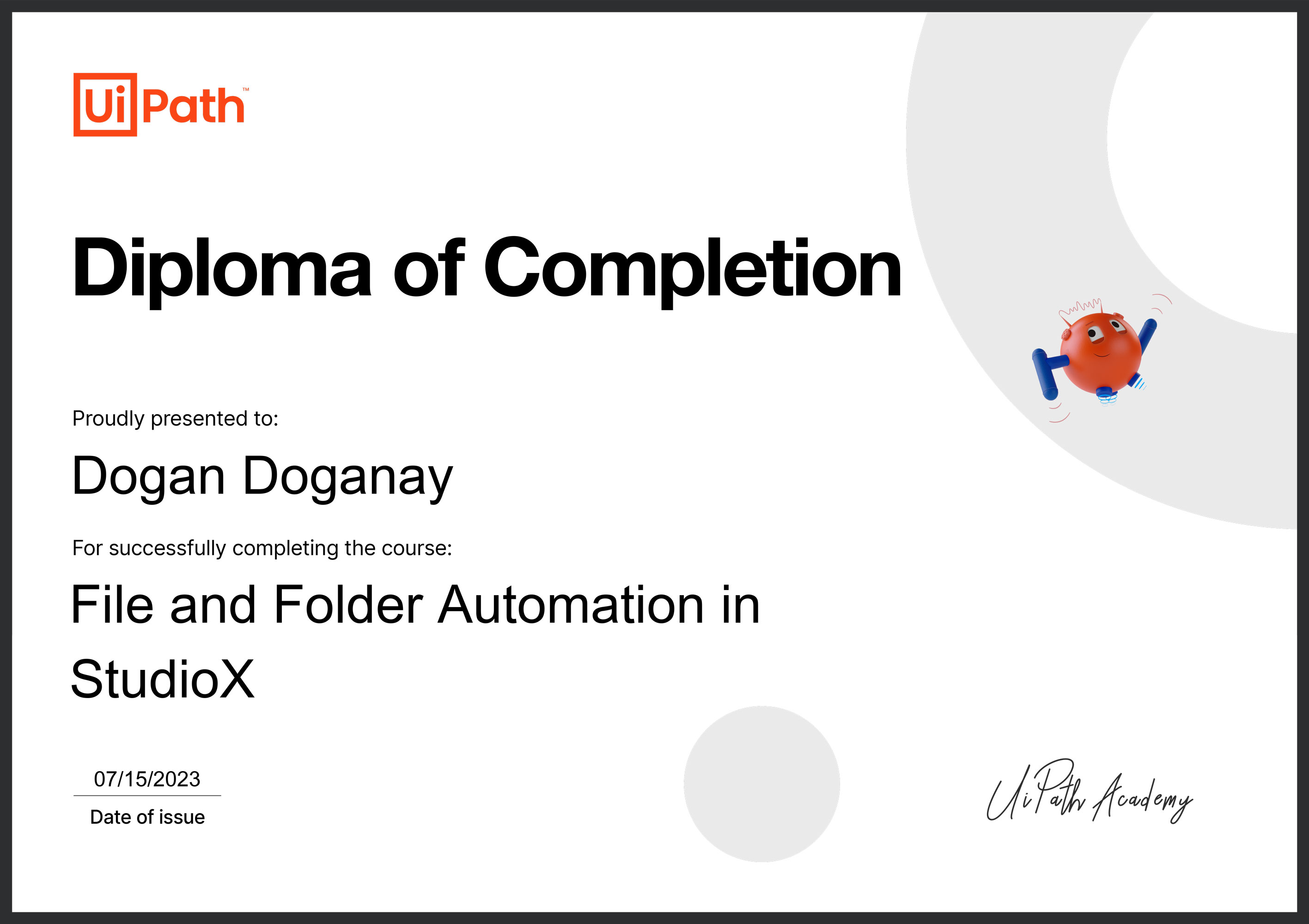
UI Path Academy
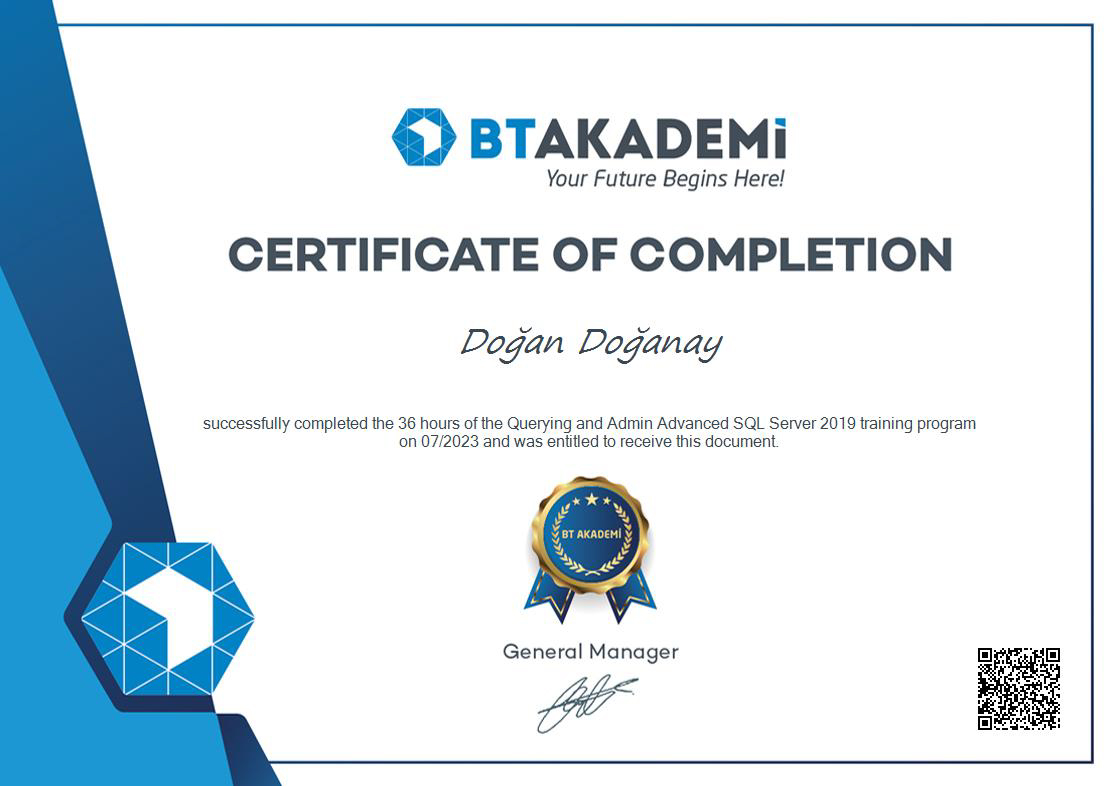
BT Academy

Google (on Coursera)
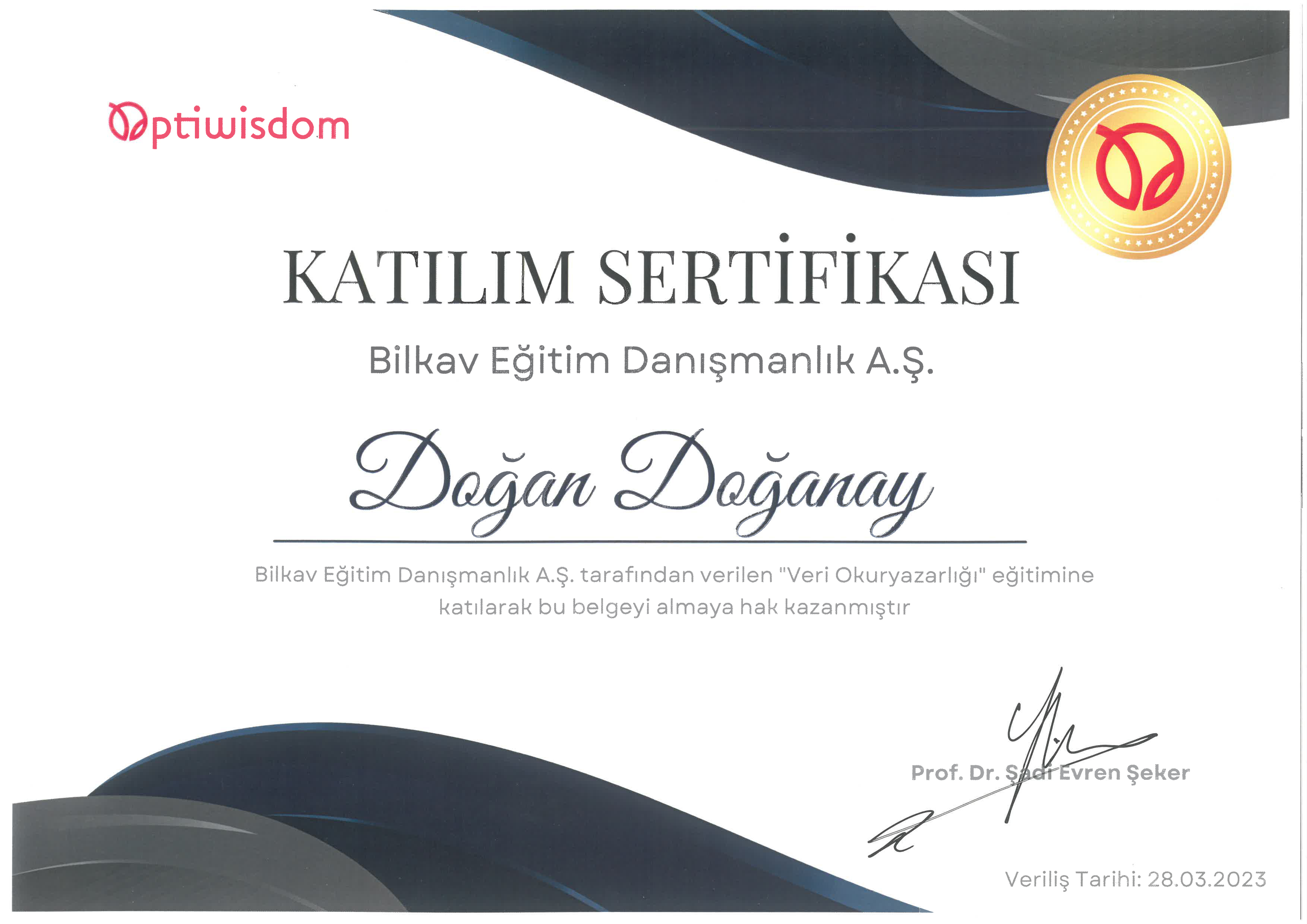
OptiWisdom - Bilkav
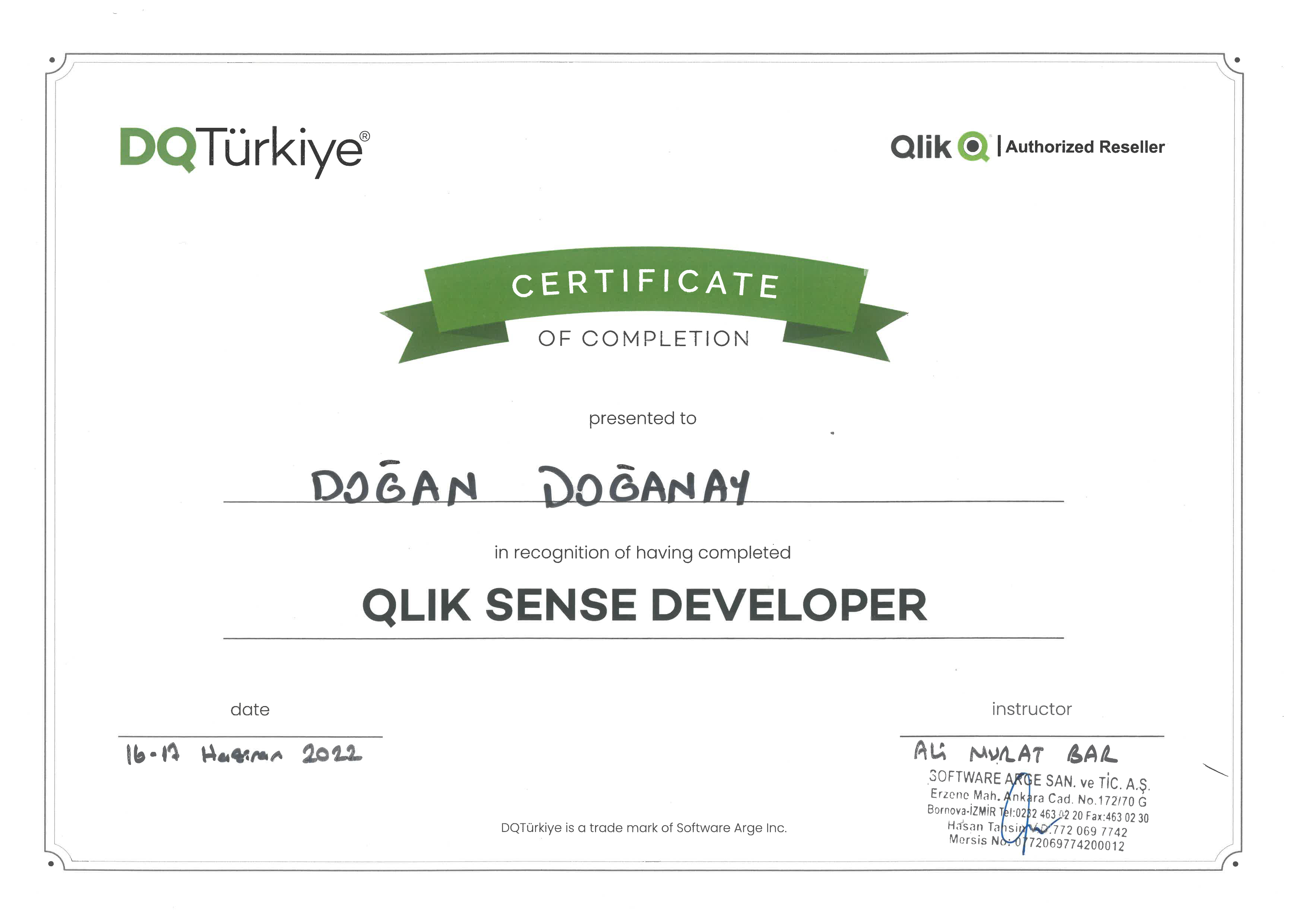
DQ Turkey
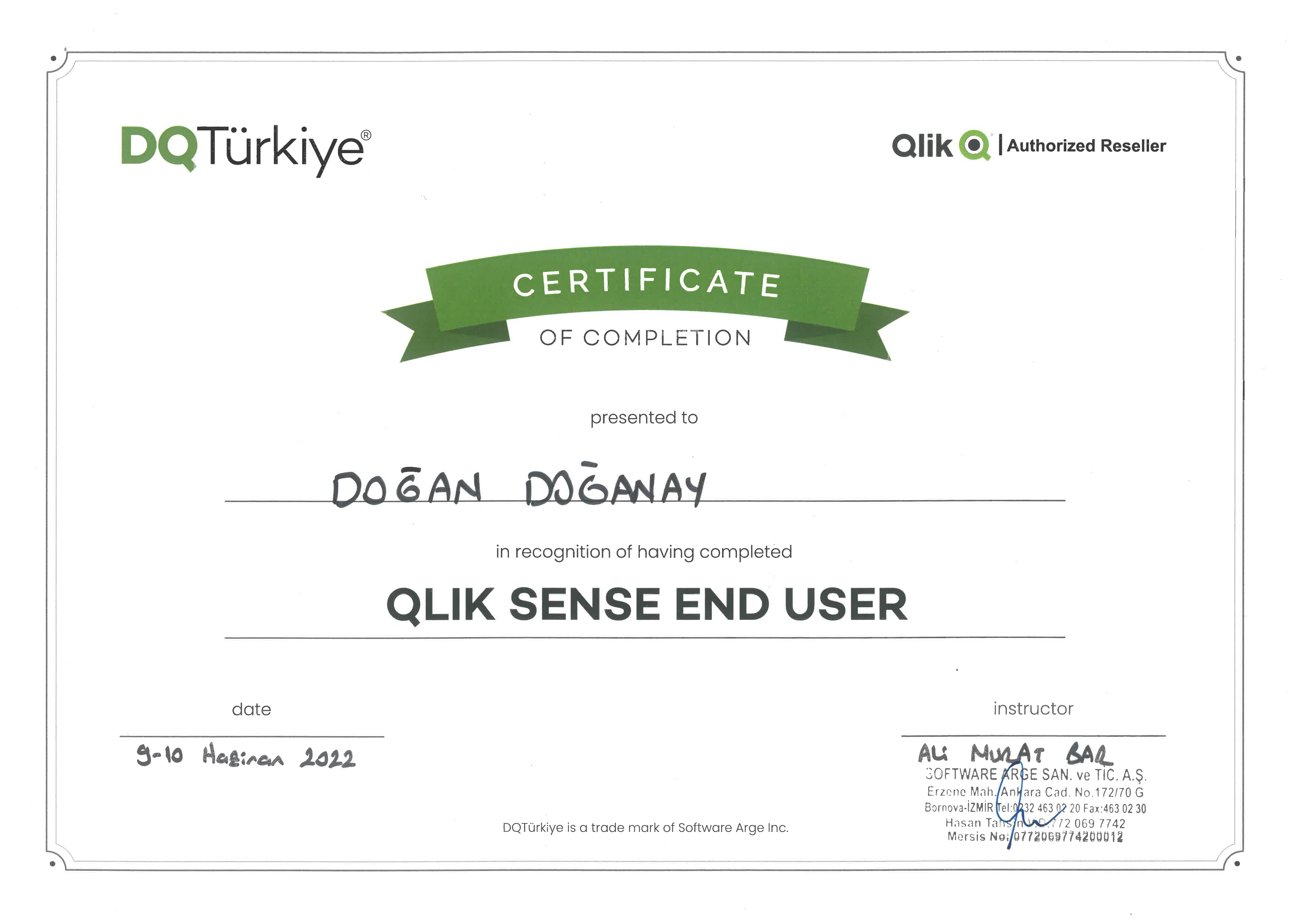
DQ Turkey
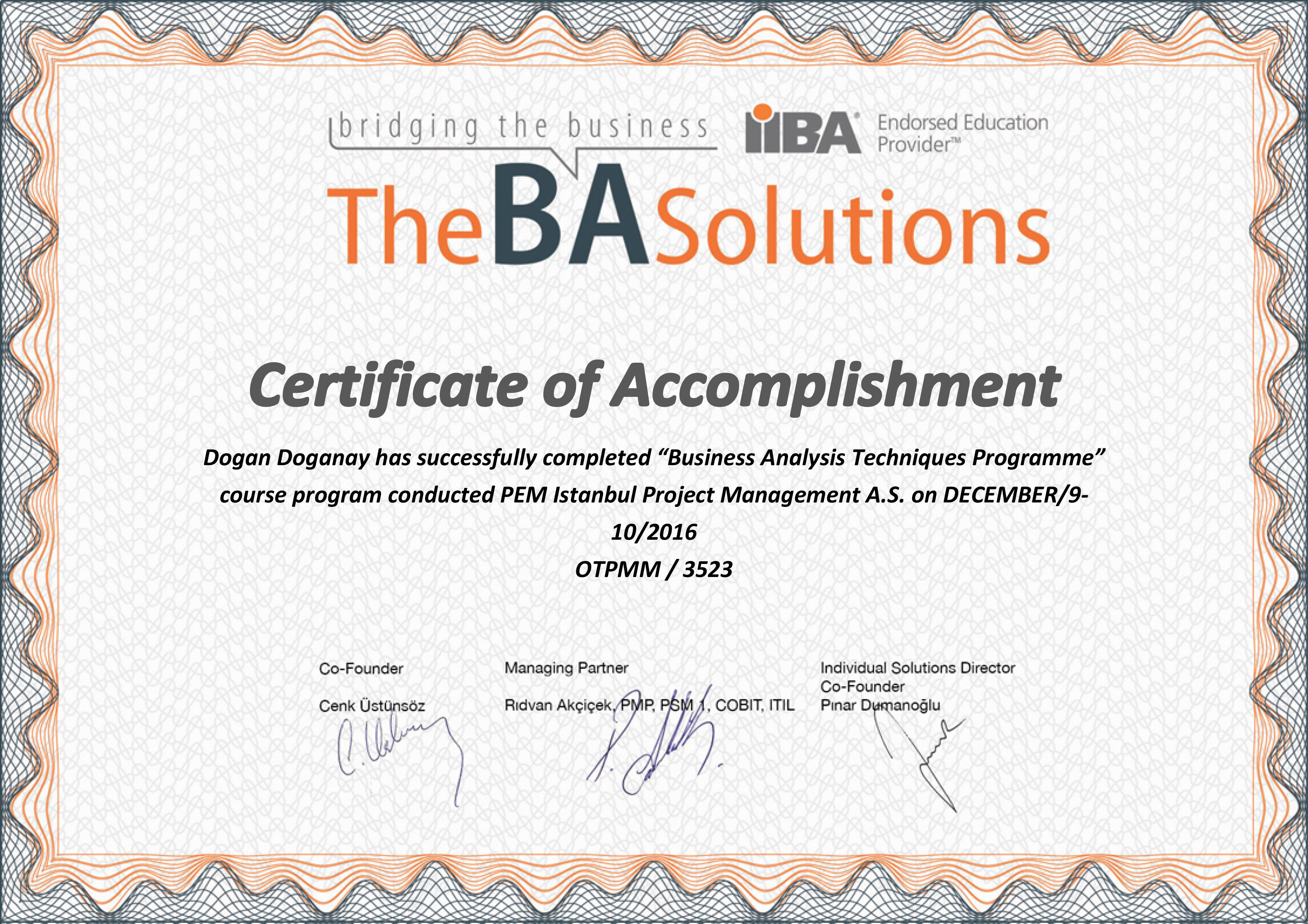
PEM Istanbul Project Management A.S. (Proje Egitim Merkezi)
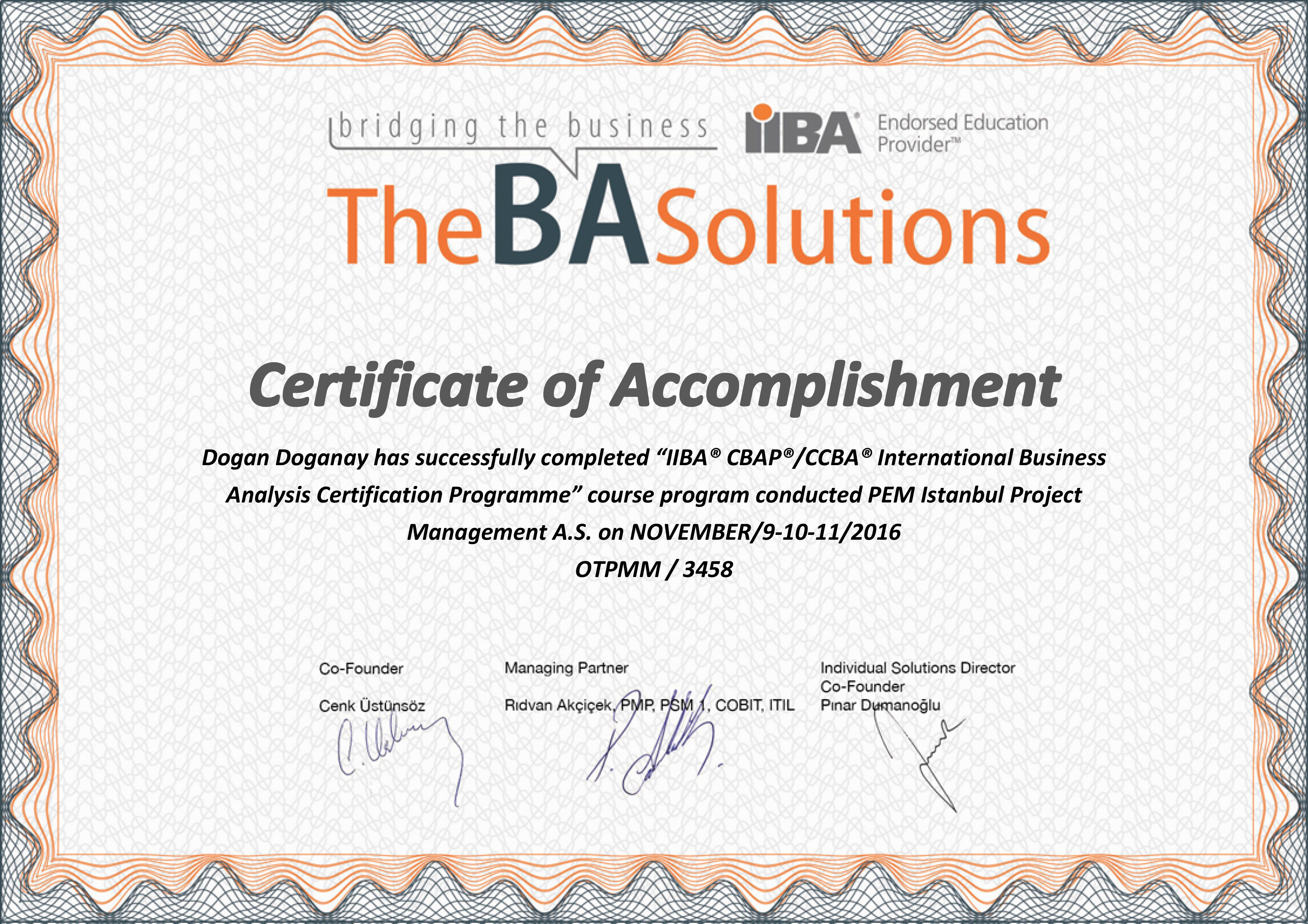
PEM Istanbul Project Management A.S. (Proje Egitim Merkezi)
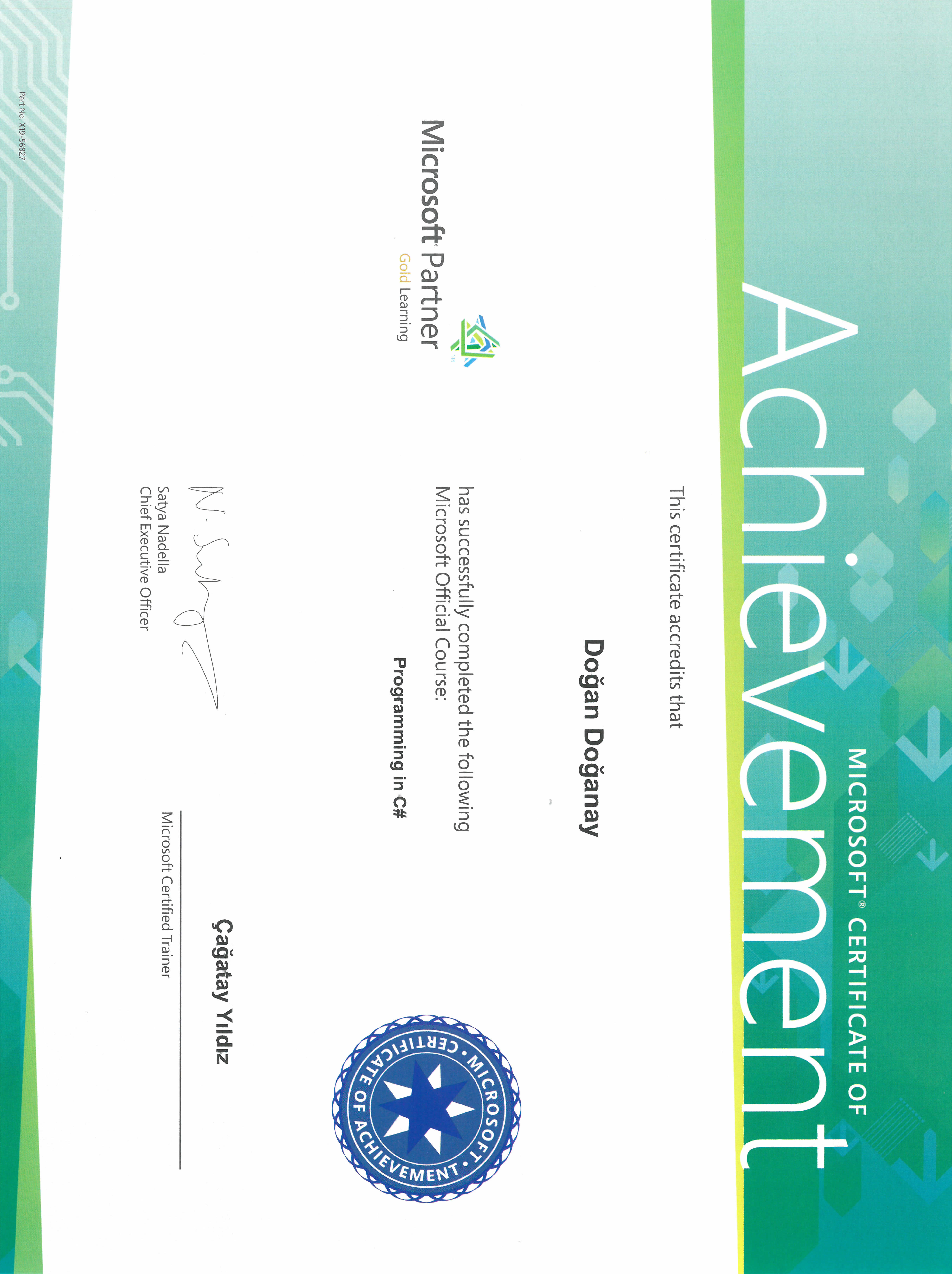
Bilge Adam Technology
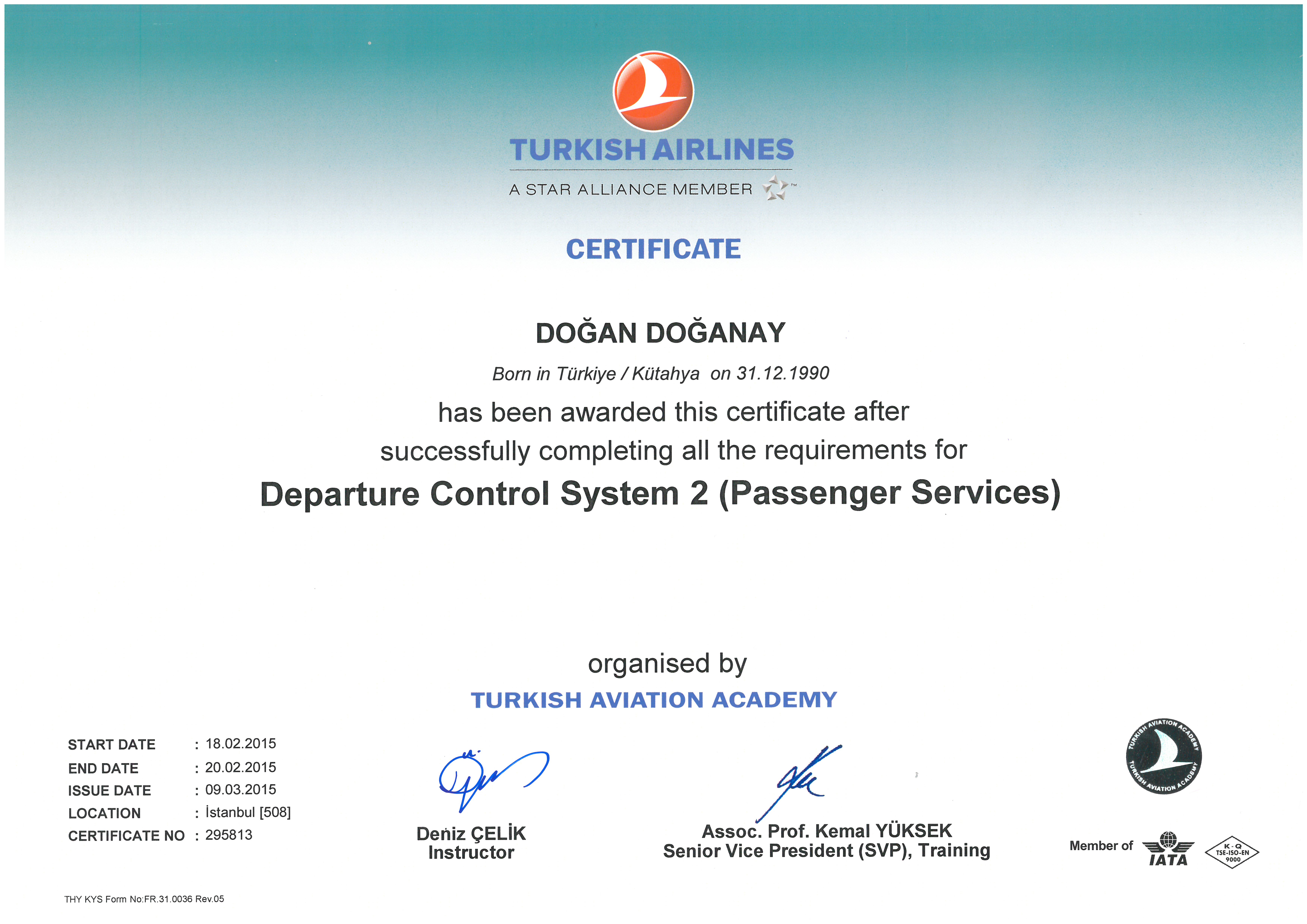
Turkish Aviation Academy

The United States Department of State, Bureau of Educational and Cultural Affairs - SC, USA
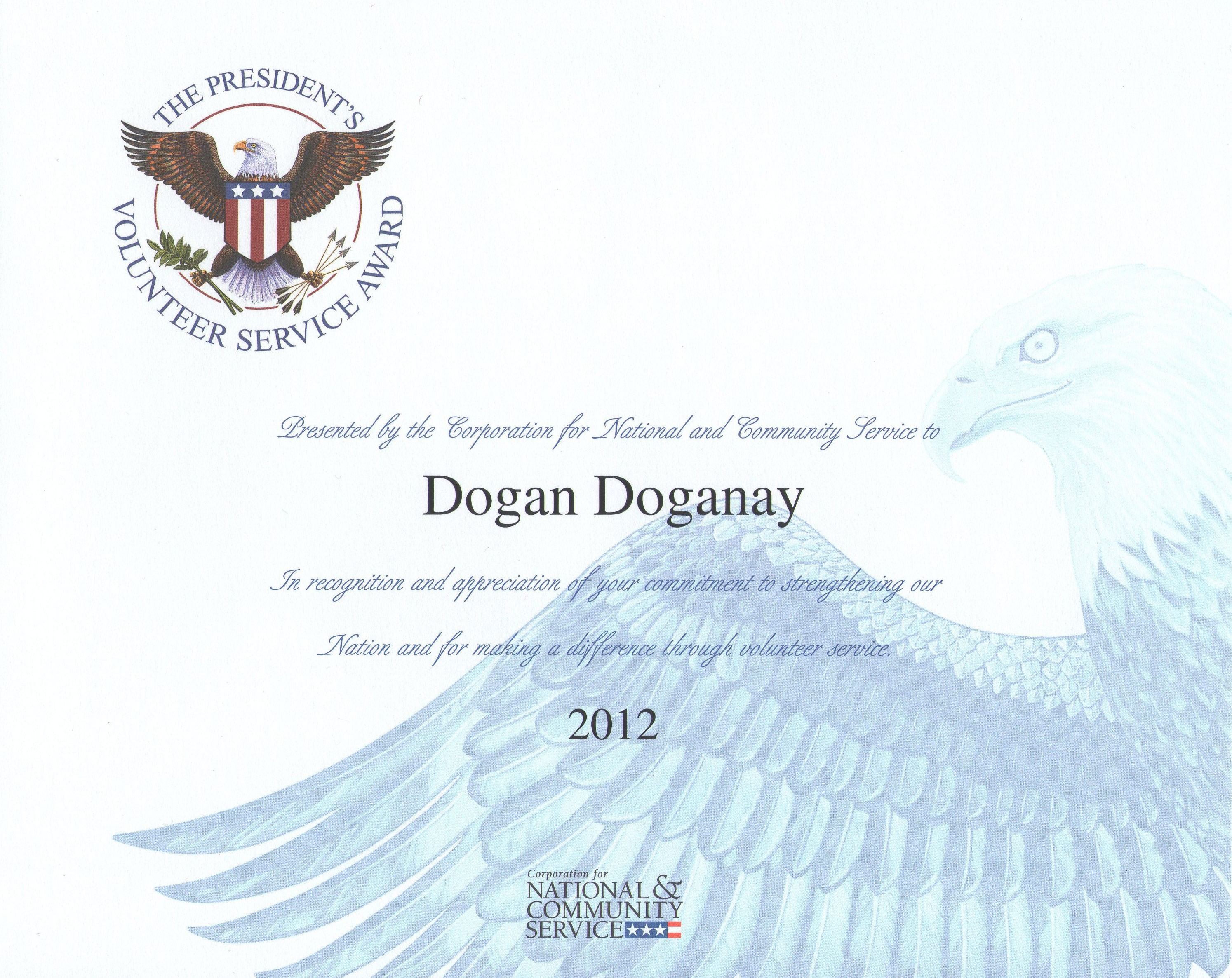
The White House, Washington DC, USA

The Director of International Education Center of Greenville Technical College - SC, USA

Google Web Optimizer & Analytics Training - TX, USA
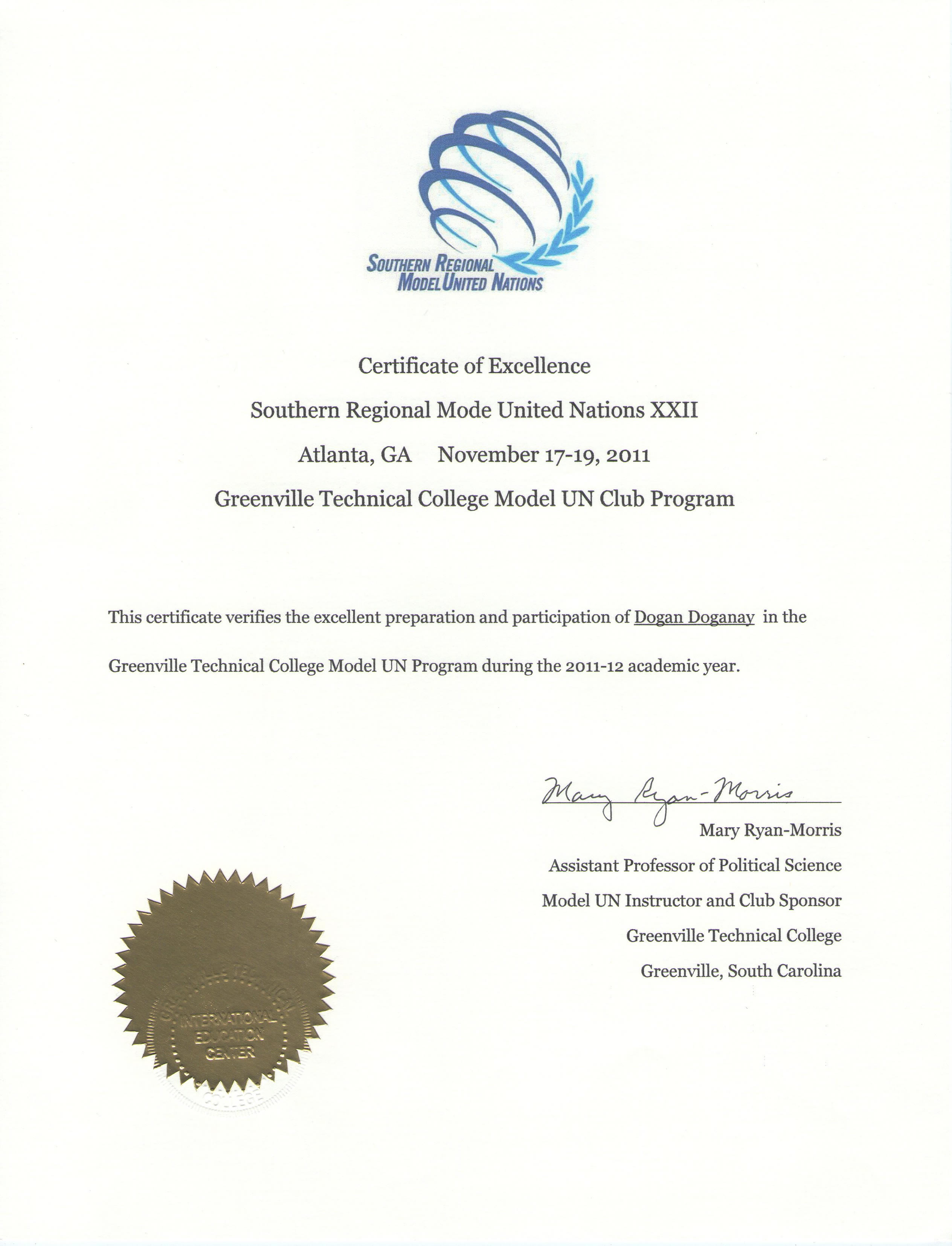
Greenville Technical Collage Club Program - SC, USA
Hi! I'm excited to hear from you. Please feel free to send me a message about anything, and I'll do my best to help. So please don't hesitate to reach out.